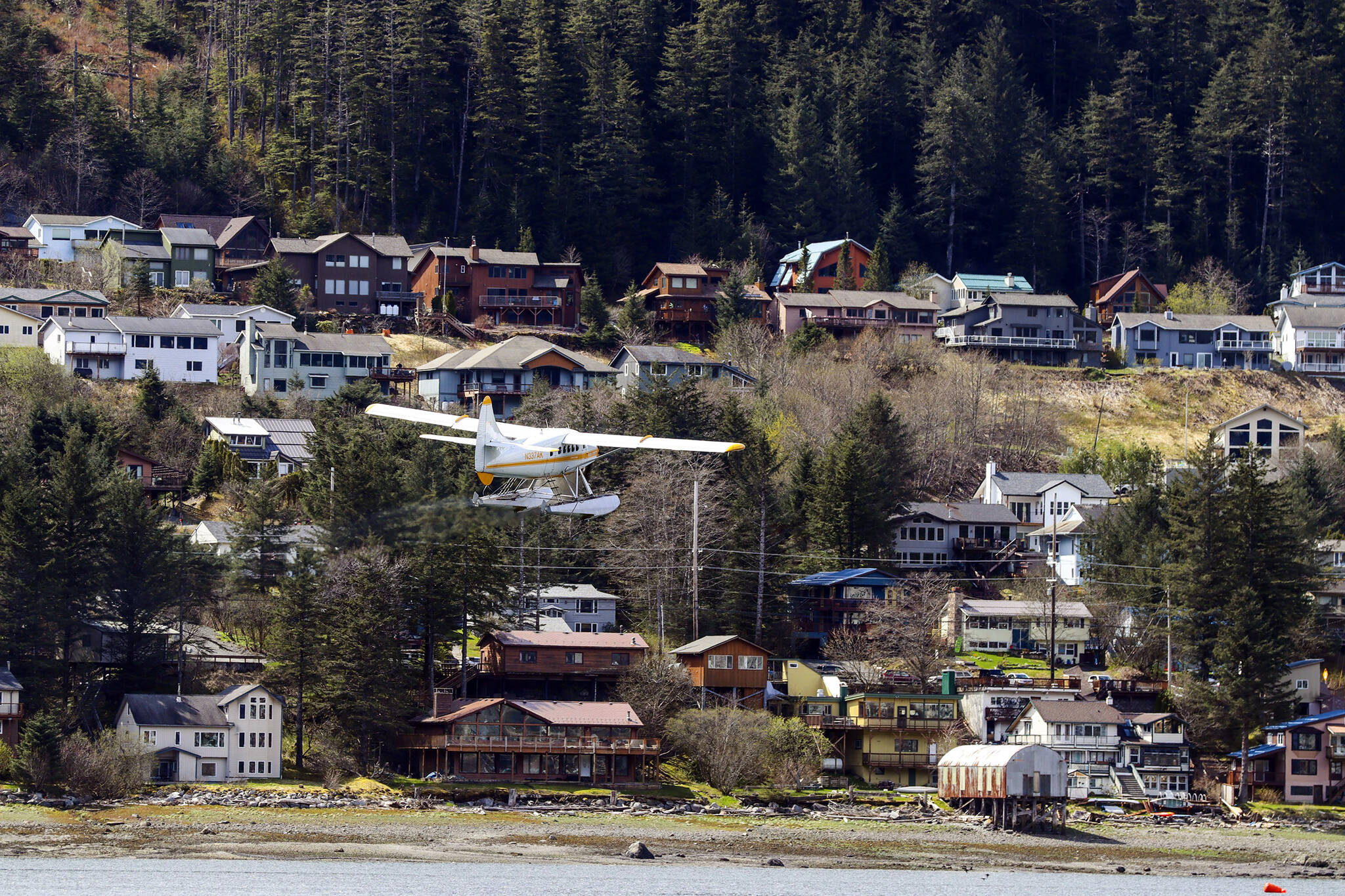Rising inflation and high prices are leaving housing out of reach for many low-to-moderate income residents in Juneau, according to city officials, but a city fund is incentivizing developers to change the narrative.
City and Borough of Juneau Community Development Department recently hosted a Zoom meeting focused on the city’s second round of funding from the Juneau Affordable Housing Fund, which is currently open for applications. Friday afternoon, Joseph Meyers, CBJ housing and land use specialist, walked the eight zoom attendees through the process of applying for the funds and the deadline of the application.
“We are looking for projects to create housing in the borough — this is a very important project for all of us,” Meyers said. “I would love to see applications come in and I would love to see some housing come to Juneau.”
The Juneau Affordable Housing fund was created in 2010 to incentivize developers to build more affordable housing in Juneau. It is open to t for-profit and nonprofit organizations, public and regional housing authorities and tribal governments interested in creating affordable and middle-income housing in the area.
The first round of funding began last year when the city offered $700,000 from the fund to go toward qualified applicants. Meyer said the city received five project proposals and chose three project applicants — AWARE, Glory Hall and St. Vincent DePaul — that received funding.
This year’s round of funding more than doubled the initial round. In early July this year the Assembly OK’d $2 million from the fund to be available and opened the window to pitch a project to the city beginning Sept. 14 and running until Oct. 30. If a project is eligible for funding, the funding would provide grants and loans that could run up to $50,000 per unit of affordable or middle-income housing created.
Meyers said once the application window closes at the end of October, the city will then go into deliberation over which qualified projects will be chosen during November. He said it’s difficult to determine when the decisions will be made about which projects will receive funding, but in the city’s guidelines, it pointed to sometime in December or January.
So far, Meyers said he has yet to receive any applications for this round, but he said he expects at least a handful of applicants as the window shortens.
Assembly member Carole Triem said she hopes the city is able to continue the funding rounds annually and bring more housing to Juneau, which she said is a top priority for the Assembly.
She said the affordable housing fund allows for the Assembly to take on more “riskier” projects than what it would typically OK. She pointed to the Gastineau Lodges project as an example of a “riskier” decision the Assembly is considering that if successful could bring a large number of housing units to downtown. The potential project in debate would appropriate $700,000 — pulled from the city’s Affordable Housing Fund — to fund a predevelopment loan for the proposed Gastineau Lodges project which, if developed, would create a 72-unit apartment building in downtown Juneau.
Triem said though it’s a project she and other Assembly members consider to be risky, she said the purpose of the affordable housing fund is to use the money in different ways than what the city normally would use city money to incentivize housing development.
“The city has never been directly involved in the market like how the affordable housing fund lets us be,” she said. “It lets us do things that are outside the norm or outside of what we typically do as the city government.”
Triem said she hopes in this round of funding she hopes to see more private developers apply and see this fund become more popular over time.
“I get it — it’s new and you’re not sure what’s going to happen or predict how stable it’s going to be but I think the Assembly is going to have this be an annual process for sure,” she said.
• Contact reporter Clarise Larson at clarise.larson@juneauempire.com or at (651)-528-1807. Follow her on Twitter @clariselarson

